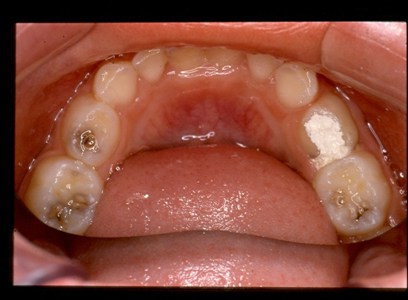Analgesia
Analgesia is important and often necessary to enable a child to be examined and further assessed.
Important points:
- Many drugs used in adults are not licensed for use in children.
- The doses are calculated by age / weight and body surface area (BSA) of the child.
- Formulations are variable - young children may prefer liquid medicines / syrup.
- Be aware of the alternative of SUGAR-FREE options, if available, to reduce the risk of dental caries if there is likely to be prolonged use of NSAIDS.
- There are various Children's Drug Formularies available (e.g., Children's version of the British National Formulary and the Royal Children’s Hospital Paediatric Pharmacopoeia).
- Paracetamol (acetominophen) is useful as pain relief.
- NSAIDS are useful in the short term for symptom relief of arthritis rather than long term disease control.
- Naproxen, ibuprofen or aspirin are very useful to treat the arthritis of Acute Rheumatic Fever.
- High-Dose Aspirin is important to treat Kawasaki Disease and helps to reduce aneurysm formation and to prevent thrombosis.
- However, when using Aspirin in children, always be aware of the potential risk for Reye’s syndrome.
NSAIDs act by inhibiting enzymes (cyclo-oxygenase-1 [COX-1] and COX-2) involved in prostaglandin synthesis resulting in analgesic, anti-inflammatory, and anti-pyretic effects.
There are two broad groups of NSAIDs—the older, traditional, non-selective NSAIDs (e.g., ibuprofen, naproxen, aspirin) that inhibit both COX-1 and COX-2 and the newer, selective COX-2 inhibitors that predominantly inhibit COX-2 (e.g., celecoxib). The clinical effects of NSAIDs depend largely on their selectivity for these enzymes. The non-selective group acting widely resulting in varying degrees of analgesic, anti-inflammatory and anti-pyretic and anti-platelet effects. The selective group has less gastro-intestinal tract side effects.
More information about pain relief is provided in PMM-Nursing.
The photograph below shows severe dental caries. Caries risk is increased with the regular ingestion of medicines that contain sugar-based syrups. Sugar-free alternatives are available and recommended.


